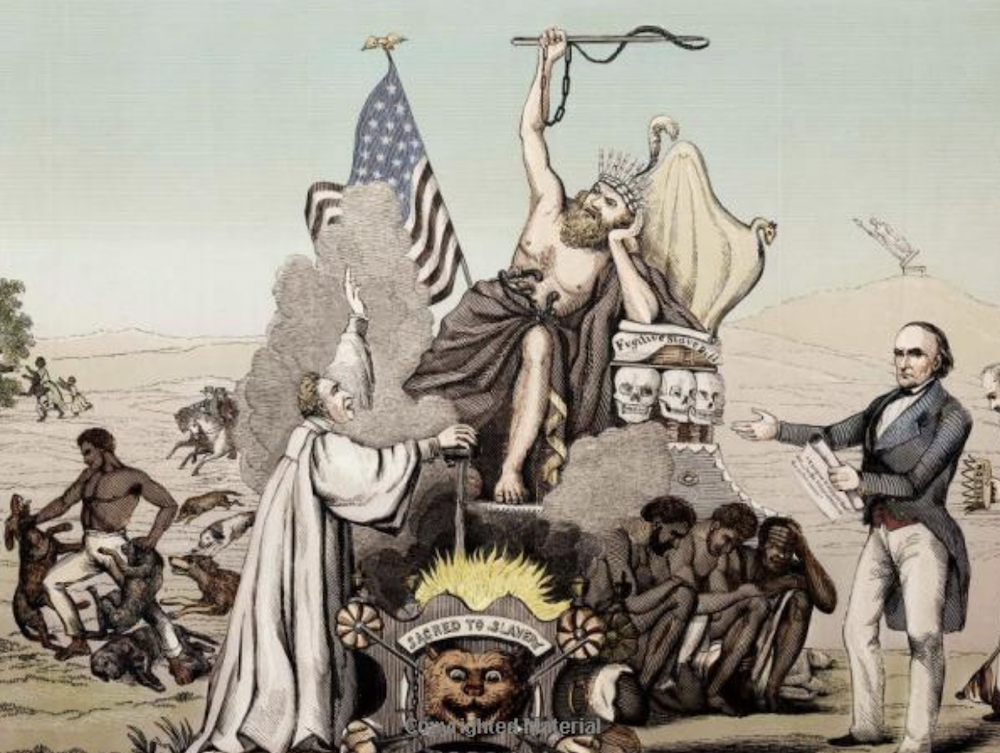Peter Wirzbicki is Assistant Professor of History at Princeton University. The following interview revolves around his book, Fighting for the Higher Law: Black and White Transcendentalists Against Slavery. Fighting for the Higher Law: Black and White Transcendentalists Against Slavery (America in the Nineteenth Century): Wirzbicki, Peter: 9780812252910
Moore: What were the factors that motivated you to write this book?
Login to read more
Sign in or create a free account to access Subscriber-only content.
Topics:
